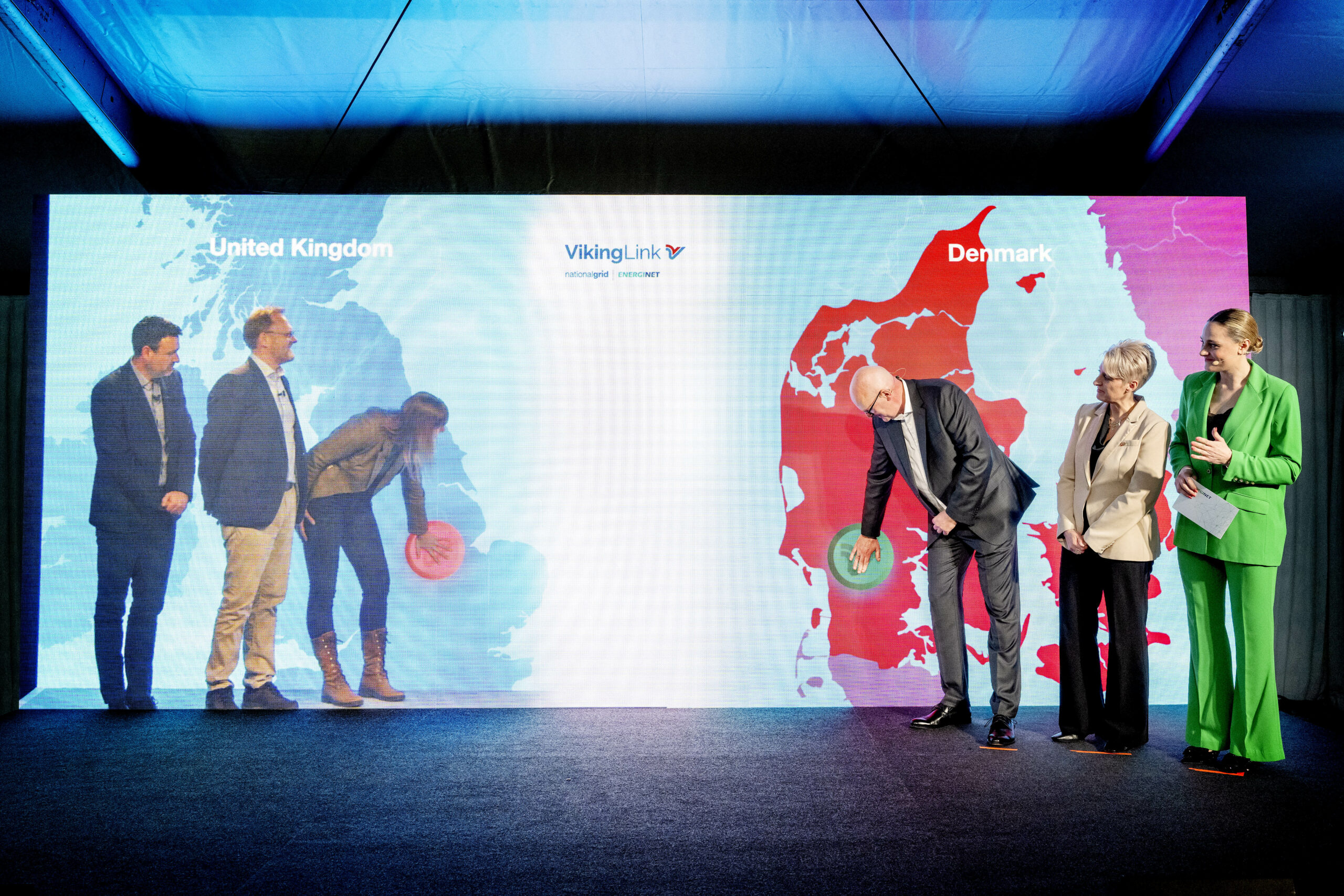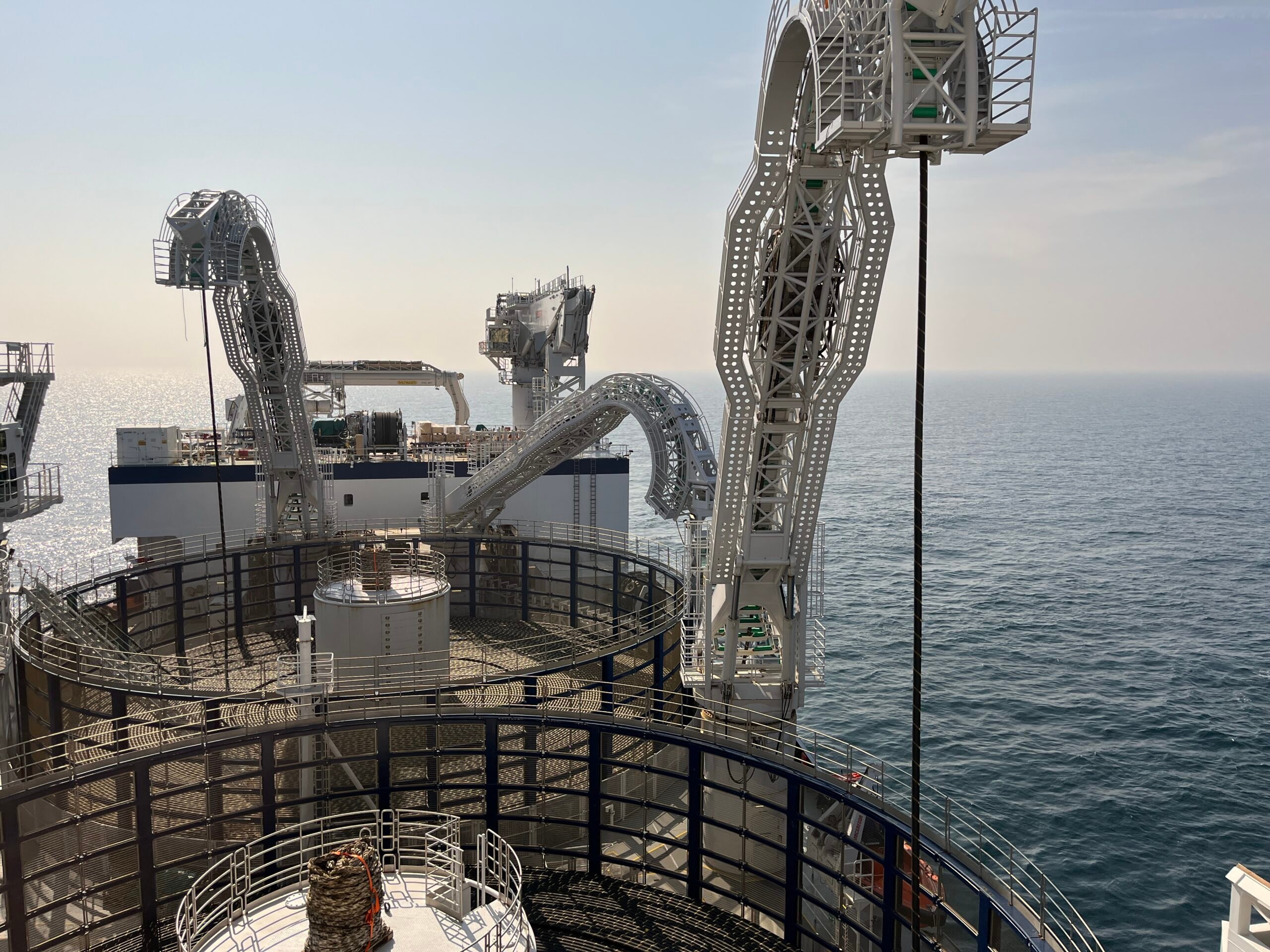News
New EU rules to reduce litter in the oceans


With the amount of harmful plastic litter in oceans growing ever greater, the European Commission is proposing new EU-wide rules to target the 10 single-use plastic products most often found on Europe's beaches and seas, as well as lost and abandoned fishing gear. The rules will include prohibitions, educational campaigns and manufacturer taxes.
In the future, cotton buds, cutlery, plates, straws, cocktail stirrers and balloon sticks are to be made in other types of materials than plastic. This prohibition is just one of the initiatives recommended by the European commission to help reduce the amount of disposable plastic products and packaging.
Member countries must reduce the amount of plastic packaging from food and disposable plastic cups. As part of the new European waste directive, they also have to collect 90 percent of the disposable plastic bottles by 2025.
-The biggest problem lies in the large amounts of plastic packaging from the food industry. The municipalities make a great effort in collecting and recycling but it has not been a big success, said Jens Peter Mortensen from the Danish Society for Nature Conservation.
-To make this work, it will call for cooperation between the plastic industry, the food industry and the municipalities, he said.
Industrial fishery equipment left in the open sea
27 percent of the waste washing ashore is fishing gear from industrial fishery in the form of nets, lines and fish traps. Fishing gear comprises almost half of the waste floating in the ‘Great Garbage Patch’ – a waste vortex created by the streams in the Pacific Ocean.
The commission also recommends a set of rules, which transfer the costs from industrial fishery clean-ups on to the manufacturers of the fishing equipment made from plastic.
-It seems fair to let the polluter pay. It is not very common in Denmark but it is a good idea, said Jens Peter Mortensen.
Danish initiatives
Salling Group, a Danish retail chain already has a plastic strategy with the ambition to limit the use of plastic packaging and ensure better recycling of the used plastic. Ambitions which they hope to achieve in cooperation with the World Wildlife Fund (WWF).
-We are satisfied with the new bills. It is quite obvious that the oceans are suffering from all the plastic floating around in them, and the faster we gain control the better, said Jonas Schrøder, Group Director, Responsibility & Engagement at Salling Group.
Salling Group aims to recycle or reuse all the plastic used for the transportation of products by 2020. The packaging on their own brands must become 100 percent recyclable by 2023 and all disposable plastic must be phased out by 2021.
-This is something the Danes are very interested in so we will probably work on other similar projects if we find some that make sense for us, said Jonas Schrøder.
In addition, the European commission recommends an elaborate educational campaign related to the bills to bring focus to the consumers’ responsibilities.
-Of course, tackling EU-produced marine litter is only one part of the world-wide picture. But by taking the lead, the European Union will be in a strong position to drive change at the global level – through the G7 and G20 and through the implementation of the UN Sustainable Development Goals, the European Commission news release said.
-Source: Ingeniøren and the European Comission















